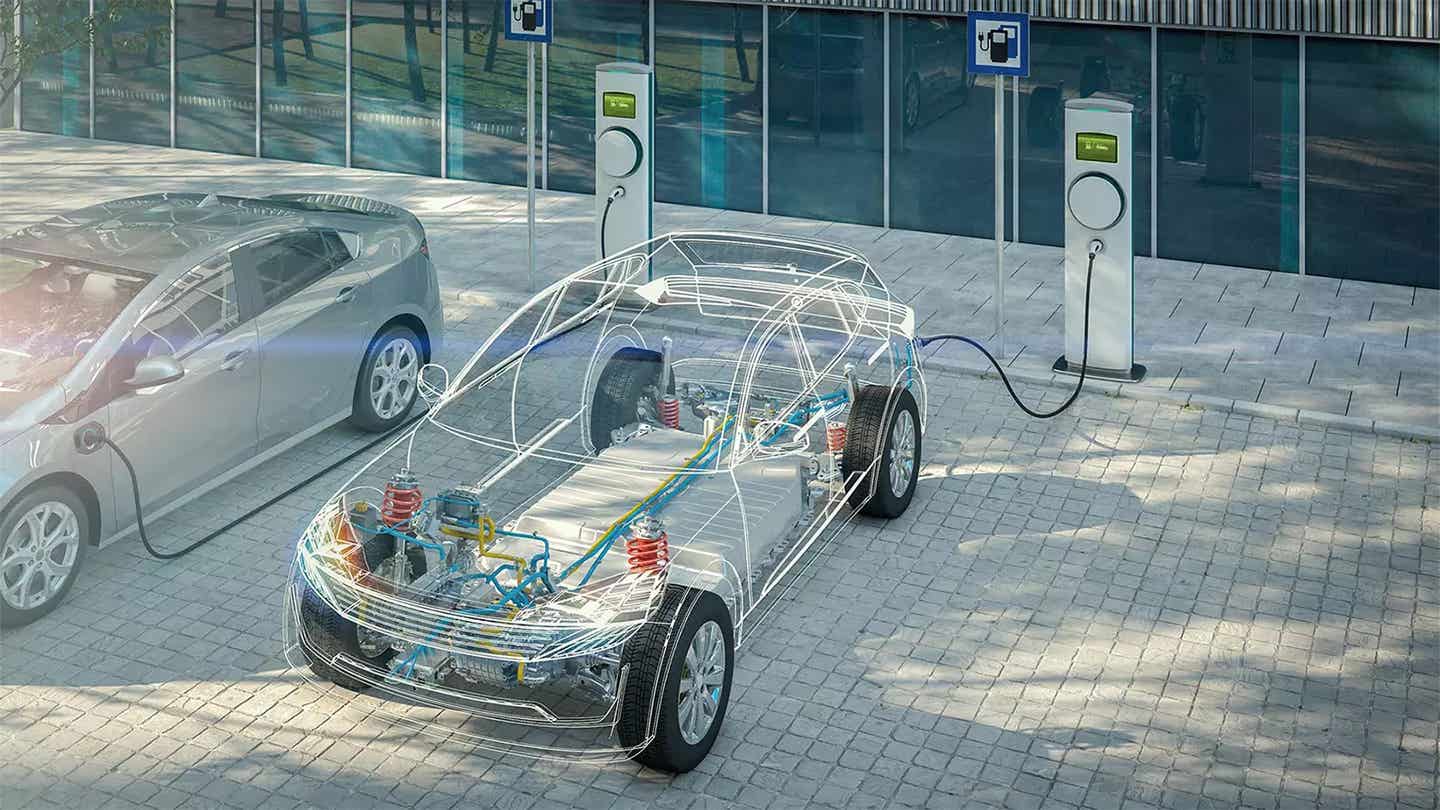Solid-state battery breakthrough offers over 1,300 mile EV range on a single charge
These solid-state batteries have the potential to revolutionize the EV landscape by enabling vehicles with extended driving range

These solid-state batteries have the potential to revolutionize the EV landscape by enabling vehicles with significantly extended driving ranges. (CREDIT: Creative Commons)
Tailan New Energy, a Beijing-based solid-state battery developer, has unveiled a prototype cell with potentially revolutionary implications for electric vehicle (EV) range. The company claims its all-solid-state lithium metal battery offers an industry-leading energy density of 720 Wh/kg, surpassing existing technologies by a significant margin.
Founded in 2018, Tailan New Energy focuses on developing and commercializing next-generation solid-state lithium batteries and related materials. Their expertise and rapid progress have garnered recognition, including awards as a top five energy company in electric mobility and a spot on China's 2023 list of future unicorns.
The excitement surrounding Tailan's latest prototype stems from its record-breaking specifications. The cell boasts a 120 Ah capacity and, crucially, an energy density of 720 Wh/kg.
The all-solid-state lithium battery released by Tailan New Energy uses a high-gram capacity, long-cycle lithium-rich manganese-based material for the positive electrode, and an ultra-wide, ultra-thin lithium composite with high cycle stability and high rate for the negative electrode. (CREDIT: Tailan New Energy)
This is more than double the density of current solid-state batteries used in Chinese EVs, like WeLion's 360 Wh/kg cells powering NIO vehicles with a projected range of over 1,000km (620 miles). If successfully implemented in passenger cars, Tailan's technology has the potential to double the driving range of current EVs.
Tailan attributes this breakthrough to several key innovations:
Ultra-thin and dense composite oxide solid electrolytes: These electrolytes offer improved ionic conductivity compared to traditional solid electrolytes, facilitating efficient movement of charged particles within the battery.
High-capacity advanced positive and negative electrode materials: The positive electrode utilizes a high-gram capacity, lithium-rich manganese-based material, while the negative electrode features an ultra-wide and thin lithium composite for enhanced cycle stability.
Integrated molding process: This proprietary process enables the creation of a 120 Ah solid-state lithium metal cell with exceptional performance.
Another significant achievement is Tailan's claim to have addressed the "solid-solid interface impedance problem" – a major hurdle in solid-state battery development.
They achieve this through a "high-performance oxide composite solid-state electrolyte" and "self-developed interface flexible layer materials."
Related Stories:
These advancements reportedly improve the migration of charged particles within the cell and reduce interface impedance, leading to better overall battery performance and potentially addressing range and safety concerns associated with traditional lithium-ion batteries.
While Tailan hasn't disclosed specific plans for integrating this technology into passenger vehicles, they emphasize that the cells are designed for automotive applications. Large-scale production and cost-effectiveness remain crucial challenges.
However, if these hurdles can be overcome, Tailan's solid-state batteries have the potential to revolutionize the EV landscape by enabling vehicles with significantly extended driving ranges, potentially exceeding 1,300 miles on a single charge.
This development underscores the rapid advancements in solid-state battery technology.
While questions remain regarding mass production and affordability, Tailan's innovation offers a glimpse into the future of electric mobility, potentially leading to EVs that rival or even surpass the range of gasoline-powered vehicles.
For more science news stories check out our New Innovations section at The Brighter Side of News.
Note: Materials provided above by The Brighter Side of News. Content may be edited for style and length.
Like these kind of feel good stories? Get the Brighter Side of News' newsletter.
Joshua Shavit
Science & Technology Writer | AI and Robotics Reporter
Joshua Shavit is a Los Angeles-based science and technology writer with a passion for exploring the breakthroughs shaping the future. As a contributor to The Brighter Side of News, he focuses on positive and transformative advancements in AI, technology, physics, engineering, robotics and space science. Joshua is currently working towards a Bachelor of Science in Business Administration at the University of California, Berkeley. He combines his academic background with a talent for storytelling, making complex scientific discoveries engaging and accessible. His work highlights the innovators behind the ideas, bringing readers closer to the people driving progress.



